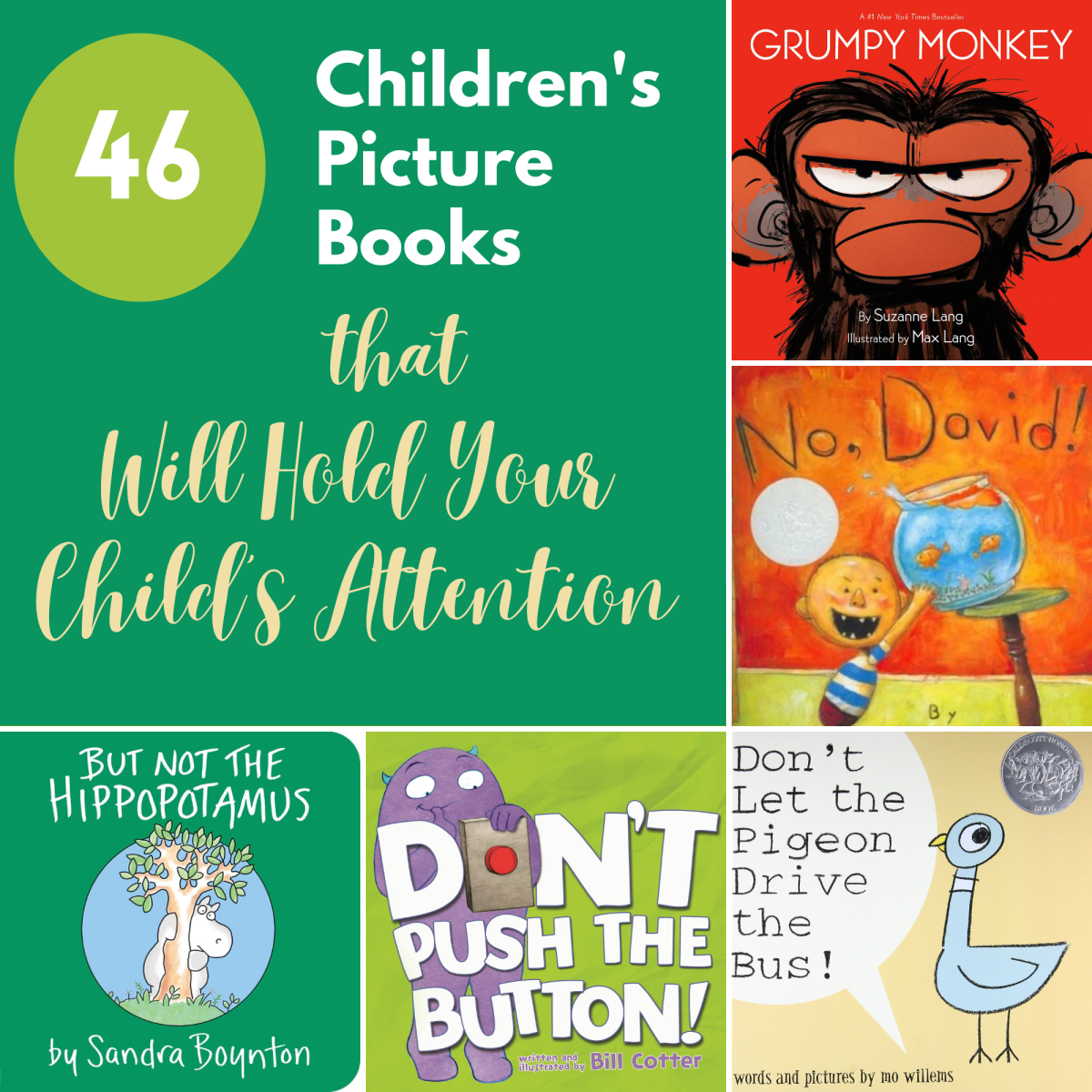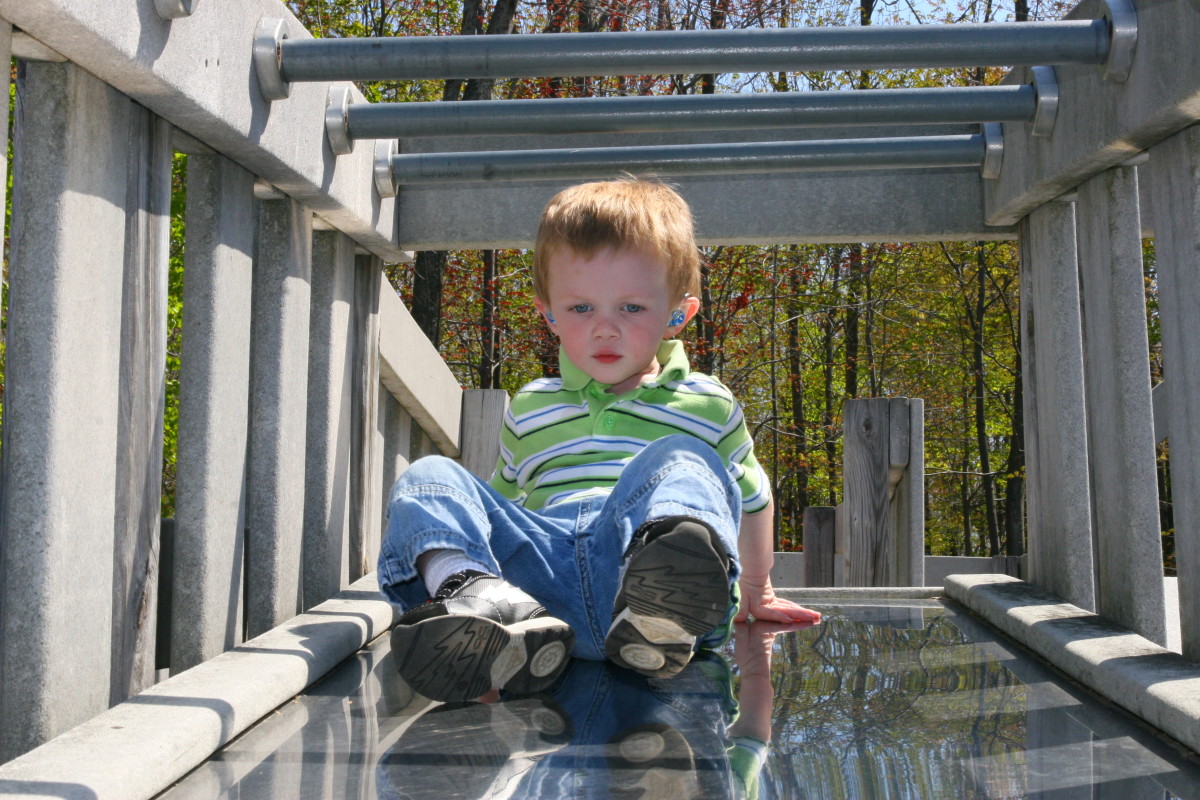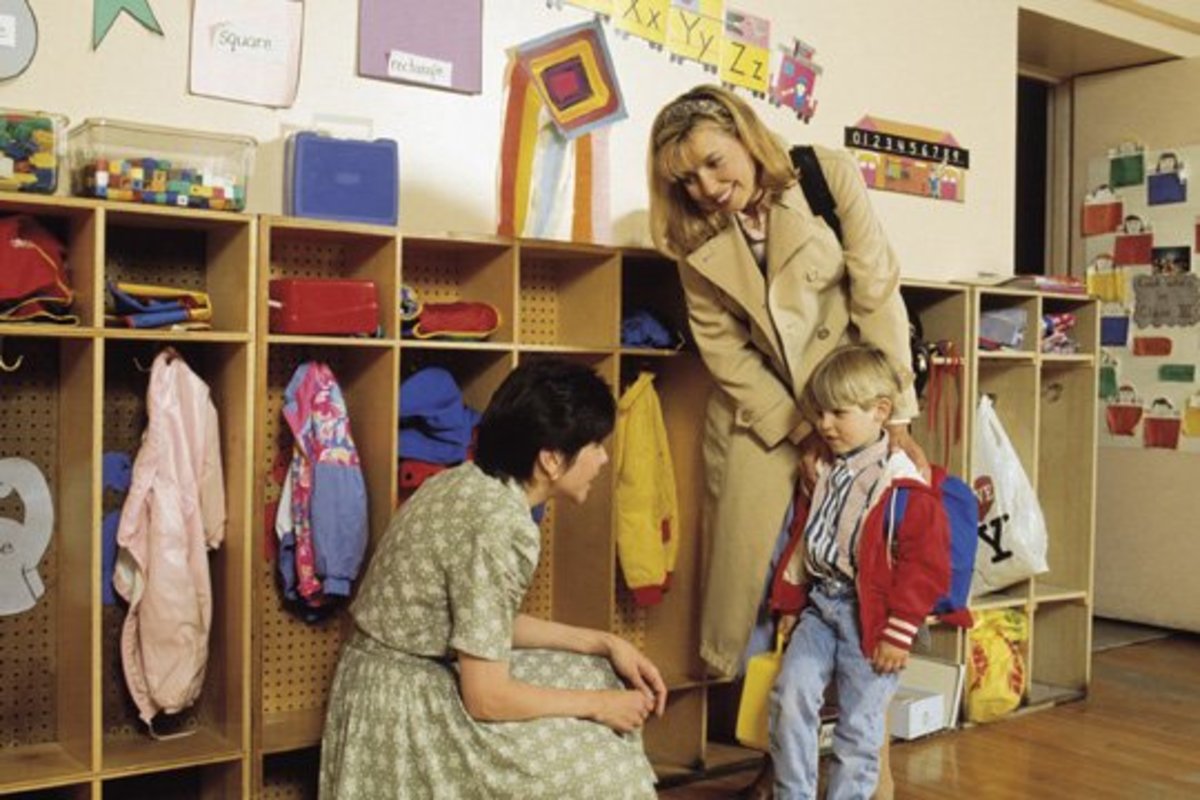Preschool - preparing your child for preschool
Sending your child to the right preschool
Going to preschool is the most important milestone for a child of three or four. The fact that the child is old enough to go to school may not be reason enough. The child has to be prepared adequately before he/she is pushed into preschool. Preschool helps makes the transition from home to a regular school easy for the child.
Selection of a preschool
While scouting for a school, look out for a school that has its focus not only on education, but on the wholesome development of a child. The school should have activities that help development of motor, cognitive, psychological and social development of the child.
The curriculum should include poems and songs aimed at increasing vocabulary, movement games that encourage the use of their whole bodies, craft, painting, drawing that encourages creativity and skill. Story telling should aim at making books and pictures attractive, this inculcates the habit of reading and a love for learning at a very young age.

Meeting the teacher who will be handling your child is very essential; a quick assessment of the person who will be taking care of your child will put your mind at ease, which is essential as your anxiety could easily be passed on to your child.
A tour of the school premises with the child will familiarize you and the child for what is to come. Study the facilities available with keen interest, and make sure that the environment is safe for the child.
School readiness for preschoolers
Age is not the only indicator of the child’s readiness to go to school. The part that parents play in making the child ready for school can never be over emphasized.
Specific skills like the ability of the child to communicate his/her needs ensure that the child is comfortable and well attended to. This also helps avoid embarrassing accidents that makes them object of ridicule among other children.
Exposure to and ability to play with other children, is key to the child’s acceptance and popularity among other children.
The ability of the child to sit in a place for some time, listen to teachers, focus on what is done in class without disrupting others are some skills that enable better child-teacher relationship.
Toilet training to a large extent plays an important role in the child’s adjustment at school.
If your child is not ready in many of these areas, it may benefit the child if he or she is held back from school for a year and prepared adequately.
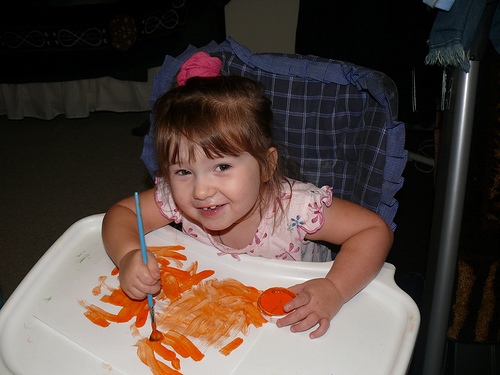
Preparing positively for preschool education
If your child is ready to start preschool talk to your child about school positively. Here, your tour of the school and the facilities available can come in handy. Make it sound like fun being at school and with other children.
Make shopping for school essentials a fun activity with your child, letting them chose the things.This will increase their excitement to go to school
Introduce your child to other new children, probably in parks and play areas, so that the child may get used to playing with other children, and make new friends.
Introduce the child to new environments, take the child to visit other families with children around the same age, to places where you could shop, or engage in some activity while the child could play in a play area (which is a little distance away) but can still see you.
Role playing with school as the theme, and allowing the child to take any role would also help.
It is normal on the part of children to cry, that may continue for one or two weeks at the most. Do not be worried. This is a healthy sign that the child has bonded well with you. Separation anxiety is good to a certain extent.
Do not scold a child for crying; always divert the attention of the child.
Focus on positive coping behaviour, talk about incidents in the past, praising the child for being brave and smart, this indirectly encourages the child to adapt such behaviour in the future.
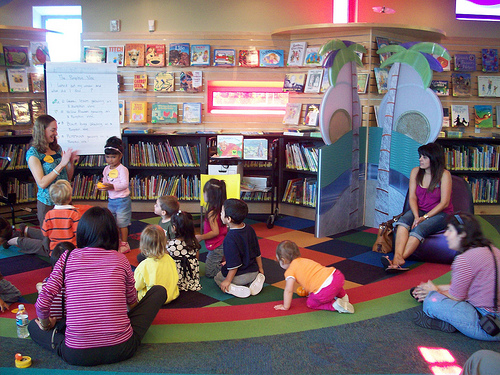
some tips for preparing your preschooler
Bribing the child to go to school puts a poor value system in place. The child would learn to use it to his or her advantage
Any anxiety on the part of parents would be transferred to the child. Do not voice out fears and apprehension in front of the child.
Do not linger over good byes, being brisk and cheerful helps. The child picks every single emotion of yours, so avoid backward glances and lingering around.
Sneaking out after leaving the child in class is not be a great idea. This makes it difficult for the child to trust you. A cheerful see you later and leaving the place quickly is healthier.
The child may come back home from school irritable and sleepy this may not mean that the child does not like school. Fatigue is a common problem with little children as the get adjusted to new routines. Patience and understanding on the part of parents is necessary here.
Make sure the child is well fed and given a balanced diet, don’t give into fads and easy to pack food compromising on health.
Another important thing to remember is when your child is at home for some reason; don’t make it an exceptionally fun day for the child- he/she may start faking it.
Do not give in to feelings of guilt while relating with your child. Children are very smart at picking up cues and playing on your emotions.
Lastly, make sure that your confidence is the only thing transferred to your child while sending your child to preschool.



